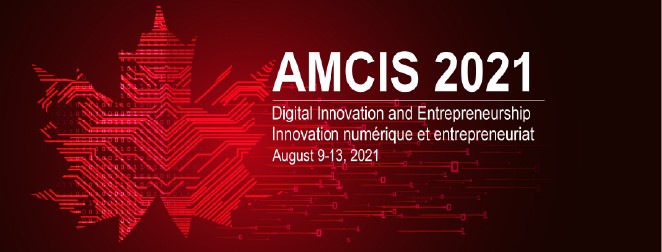Global Development (SIG GlobDev)
Loading...
Paper Type
ERF
Paper Number
1157
Description
Networked microgrids are becoming popular in urban areas in developed countries. They enable energy trading over a small group of connected households securely and reliably. This article evaluates the role of Blockchain technology as a coordinator for Indian farmers connected to networked microgrids. The Blockchain serves as a mediator to optimize and automate power distribution systems’ financial and physical operations. We build an economic model to evaluate the cost and benefits derived for P2P energy trading prosumers. The coordinator’s economic behavior and its effect on prosumers’ willingness to participate in such initiatives are considered. Specifically, the study examines the Blockchain’s role as a coordinator in profit-sharing cooperation. We posit that a Blockchain implementation improves the energy and economic transaction process. This study intends to enhance understanding of how a transactive technology like Blockchain reduces transaction costs, inefficiency of centralization, the unpredictability of decentralization, and its effectiveness in increasing individual prosumer’s profits.
Recommended Citation
Padalkar, Nakul R. and Jin, Yuan, "Microgrid Cooperatives in Emerging Countries - Impact of Decentralization in Rural India" (2021). AMCIS 2021 Proceedings. 2.
https://aisel.aisnet.org/amcis2021/global_develop/global_develop/2
Microgrid Cooperatives in Emerging Countries - Impact of Decentralization in Rural India
Networked microgrids are becoming popular in urban areas in developed countries. They enable energy trading over a small group of connected households securely and reliably. This article evaluates the role of Blockchain technology as a coordinator for Indian farmers connected to networked microgrids. The Blockchain serves as a mediator to optimize and automate power distribution systems’ financial and physical operations. We build an economic model to evaluate the cost and benefits derived for P2P energy trading prosumers. The coordinator’s economic behavior and its effect on prosumers’ willingness to participate in such initiatives are considered. Specifically, the study examines the Blockchain’s role as a coordinator in profit-sharing cooperation. We posit that a Blockchain implementation improves the energy and economic transaction process. This study intends to enhance understanding of how a transactive technology like Blockchain reduces transaction costs, inefficiency of centralization, the unpredictability of decentralization, and its effectiveness in increasing individual prosumer’s profits.
When commenting on articles, please be friendly, welcoming, respectful and abide by the AIS eLibrary Discussion Thread Code of Conduct posted here.


